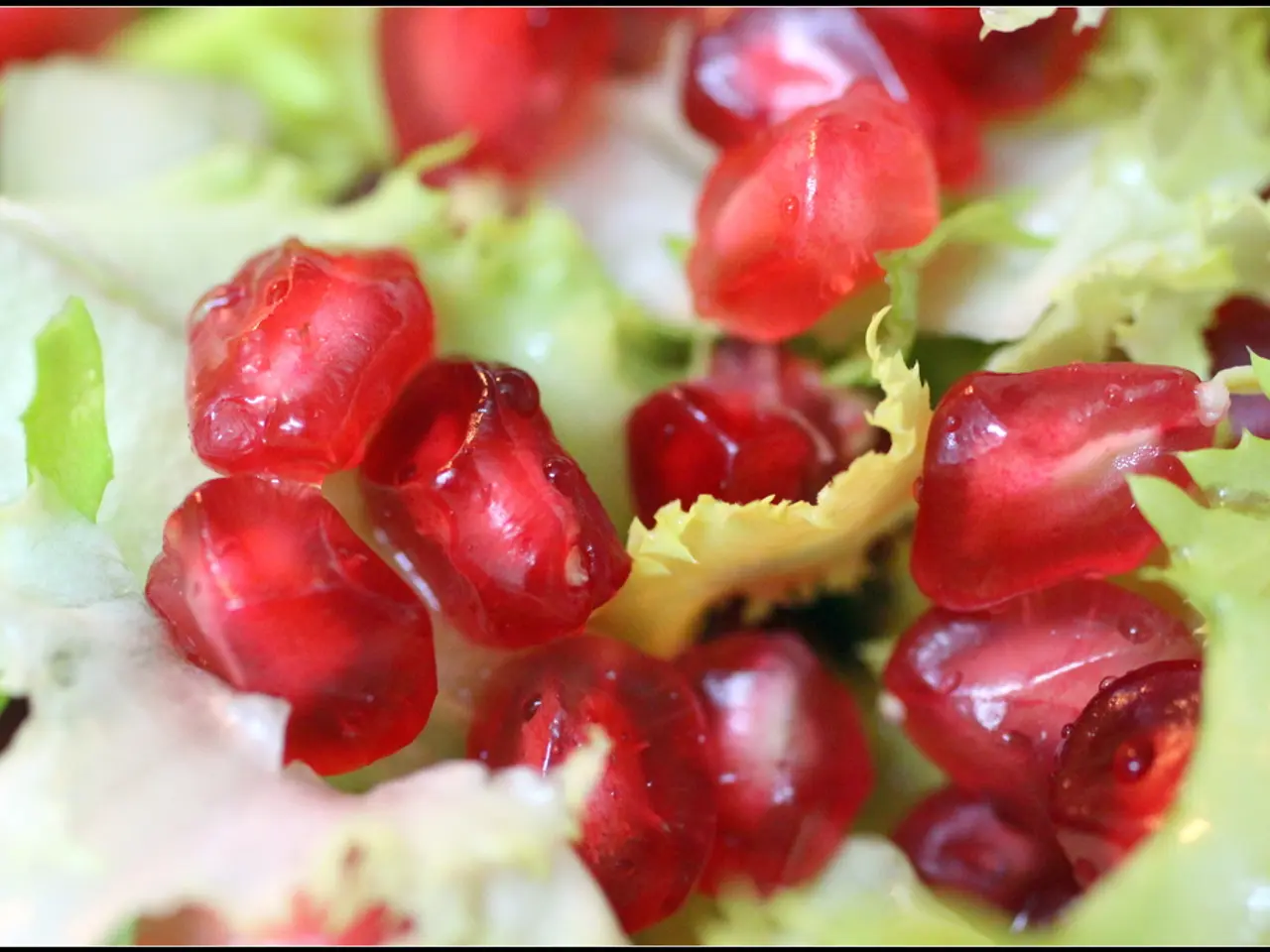Pemphigus Vulgaris: A Rare, Severe Autoimmune Disorder
Pemphigus vulgaris, a rare autoimmune disease, predominantly affects individuals aged 40 to 60, with a higher prevalence among those of Mediterranean, Middle Eastern, or South Asian descent. This condition causes painful blisters on mucous membranes, such as the mouth and skin. Before modern treatments, it had a high mortality rate.
Pemphigus vulgaris primarily affects mucous membranes, including the mouth, throat, nose, eyes, genitals, and lungs. It is the most common type of pemphigus, an autoimmune disease where the immune system mistakenly attacks healthy skin and membrane proteins. This results in blisters and erosions, often starting in the mouth or skin. Symptoms include painful blisters, oozing, and crusting. Diagnosis involves a physical examination, Nikolsky's sign test, and a biopsy of the blister for analysis. Very rarely, certain medications can trigger this disease. If left untreated, it can lead to serious complications.
Pemphigus vulgaris is a severe, yet treatable, autoimmune disease. It mainly affects middle-aged adults and certain ethnic groups. Early diagnosis and treatment are crucial to prevent serious complications and improve patient outcomes.





